WAIMAPU MARAE
MAUAO TE MAUNGA
WAIMAPU MARAE
There were once four maunga that sat among the many hills and ravines on the edge of the forests of Hautere. There was Pononga (a slave or servant) and a great chiefly maunga: a forested peak which stands as a landmark for the tribes of Tauranga Moana. To the south-west was the shapely form of a beautiful maunga: a woman clothed in all the fine greens of the ferns and shrubs and trees of the forest of Tāne. Out to the east stood a fourth lonely maunga peering back into the forest from a distance behind Pononga. This lonely maunga longed to see the beautiful shapely maunga, but because his view of her was obstructed, he grew jealous and thus became known as Harawene.
Pononga was desperately in love with the beautiful shapely maunga. However, her heart was already won by
the majestic form of the chiefly maunga who had diverted a flow of water in order to sustain her kakahu of fine greenery. Thus, this chiefly maunga, became known as Ōtānewaiknuku. The new flow of waters also gave rise to the name of the beautiful shapely maunga; she was now known as Pūwhenua.
There seemed no hope for the lowly slave maunga with no status to persuade the beautiful Pūwhenua to become his bride. In his deep sorrow and despair, Pononga decided to end his suffering by drowning himself in Te Moananui a Kiwa – the great Pacific Ocean. He called on the patupaiarehe, the folk with mythical powers who dwelled in the forests of Hautere. They were his friends and with their magic, they plaited great ropes in order to haul Pononga from the hill country toward the ocean. As they pulled on their ropes, they chanted their magic chant:
E hika tū ake
Ki runga rā whitiki taua
Hei tama tū
Uea ki te uru
Kumea ki te tonga
Hiki nuku Hiki rangi I arā rā
Ka ngaru e, ka ngaru e
Toia ki te hau marangai
Kia whakarongo taku kiri
Te kikini a te rehutai
O Ngā ngaru whatiwhati
E haruru mai nei
Wī, wī wī
Wā wā wā A! hā! hā!
Horahia ō mata ki a Meremere Tūahiahi Hei taki i te ara ki a Tangaroa He atua hāo i te tini ki te pō
E kokoia e ara e
